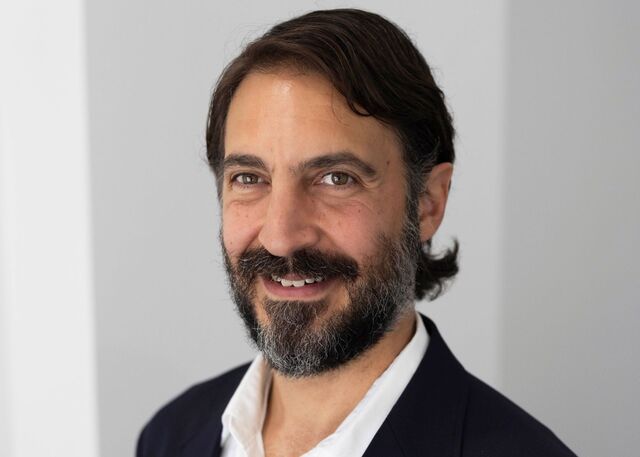The number of unintentional drug-induced deaths in Australia is higher than the road toll, with Geelong overdose numbers climbing significantly faster than the national average.
Independent drug policy research non-profit Penington Institute released Australia’s Annual Overdose Report 2025 this week, revealing a number of alarming trends in Australia and the Geelong region.
Between 2019 and 2023, Geelong recorded 103 unintentional overdose deaths compared to 53 between 2009 to 2013.
That is an increase of 94 per cent in a decade, well above the 69 per cent increase across Victoria.
People 40 years of age and older are driving the increase in overdose deaths across the country.
Overdose deaths among people aged 50-59 have quadrupled since 2001, while numbers for those in the 40s and 60s have grown by 153 per cent and 179 per cent, respectively.
Conversely, younger Australians are less and less likely to die from overdose, with deaths dropping by 47 per cent for people under 20 and 31 per cent for those in their 20s.
Penington Institute director of Research Dr Jake Dizard, who helped write the new report, said overdose deaths in Australia remained “a full-blown health crisis”.
“More than six Australians die from overdose every day,” he said.
“This is the 10th straight year of over 2000 drug-induced deaths in Australia, so this is an ongoing national calamity and we think it’s fundamentally important that we confront it energetically.
“These latest figures are a stark reminder of the need for immediate action to expand access to evidence-based initiatives that minimise the harms from drugs.”
The report urged the federal government to develop a National Overdose Prevention Strategy and reconvene the Ministerial Council on Drug Strategy.
“We emphasise that every death is preventable and no death is acceptable in areas like the road toll and areas like tobacco, and the same applies to overdose; every overdose death is preventable,” Dr Dizard said.
“We have spent enormous amounts of money on law enforcement, billions and billions of dollars on law enforcement against drugs.
“And of course that has had some effect, but we haven’t spent nearly the money that need to, and not invested nearly the resources that are necessary to bring the overdose toll down.”









